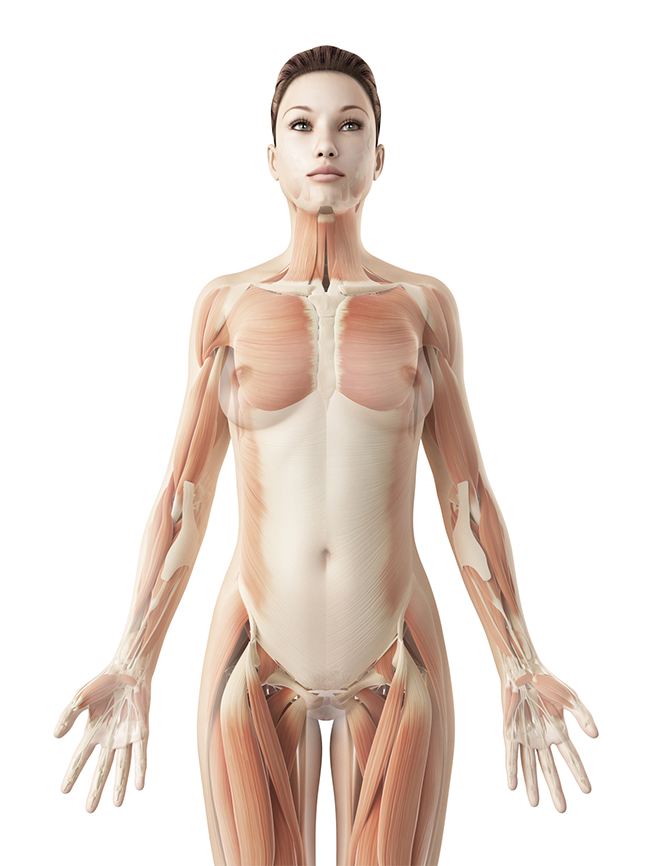Know your body
During the menopause, many health changes may take place, some of which may be related to the lower levels of oestrogen in your body, but many will also be due to natural ageing.
Many women may also have other underlying medical conditions, which may be affected by the menopause.
Click on a body part, or on the words below to discover more about the following conditions:
Sleep problemsLow mood/anxietySkin changes Heart disease and strokeBreast cancer Ovarian uterine cancer Contraception Urinary problemsVaginal dryness Osteoporosis Venous thromboembolism
Sleep problems
Insomnia and sleep disturbances can be symptoms caused by the menopause. As different things such as stress or too much caffeine cause sleep disturbance, the solutions to resolving sleep problems can vary too.
Learn moreLow mood/anxiety
Changes to hormones, such as during menopause, can also have an effect on your emotional and mental health.
Learn moreSkin changes
The skin changes with normal ageing. Oestrogen decline during the menopause can also affect the skin. Less collagen and elastic fibers are produced.
Learn moreHeart disease and stroke
Narrowing and hardening of the arteries (atherosclerosis) is a major risk for cardiovascular disease. High blood pressure (hypertension) is a strong risk factor for heart diseases and stroke.
Learn moreBreast cancer
Around 70% of women will have menopausal symptoms during and after treatment for breast cancer. Some treatments can cause an earlier menopause and significant menopausal symptoms.
Learn moreOvarian uterine cancer
Menopause does not cause cancer, but the risk of developing cancer increases as a woman ages. Therefore, women who have been through menopause are more likely to develop cancer because they are older.
Learn moreContraception
It’s not always easy to confirm that the menopause has actually happened. Irregular periods and hot flushes are a sign that changes are taking place, but identifying the time of the actual menopause is not simple.
Learn moreUrinary problems
Your ovaries stop making oestrogen during the menopause transition. Without oestrogen, your vaginal tissue becomes less elastic. The lining of your urethra, the tube that empties urine from your bladder, begins to thin and may make you susceptible to urine leakage.
Learn moreVaginal dryness
If you suffer from vaginal dryness, you are not alone. Vaginal dryness can affect any woman, at any age. However, after the menopause it is very common (more common than people think) – affecting over half of post-menopausal women aged between 51 and 60.
Learn moreOsteoporosis
Osteoporosis is a condition of the bones. With osteoporosis, bones become thinner, weaker and can break easily.
Learn moreVenous thromboembolism
When a blood clot which has formed in a vein, breaks loose and travels in the blood, this is called a venous thromboembolism (VTE).
Learn moreJob Code: NON-2022-0120
Date of preparation: February 2022



